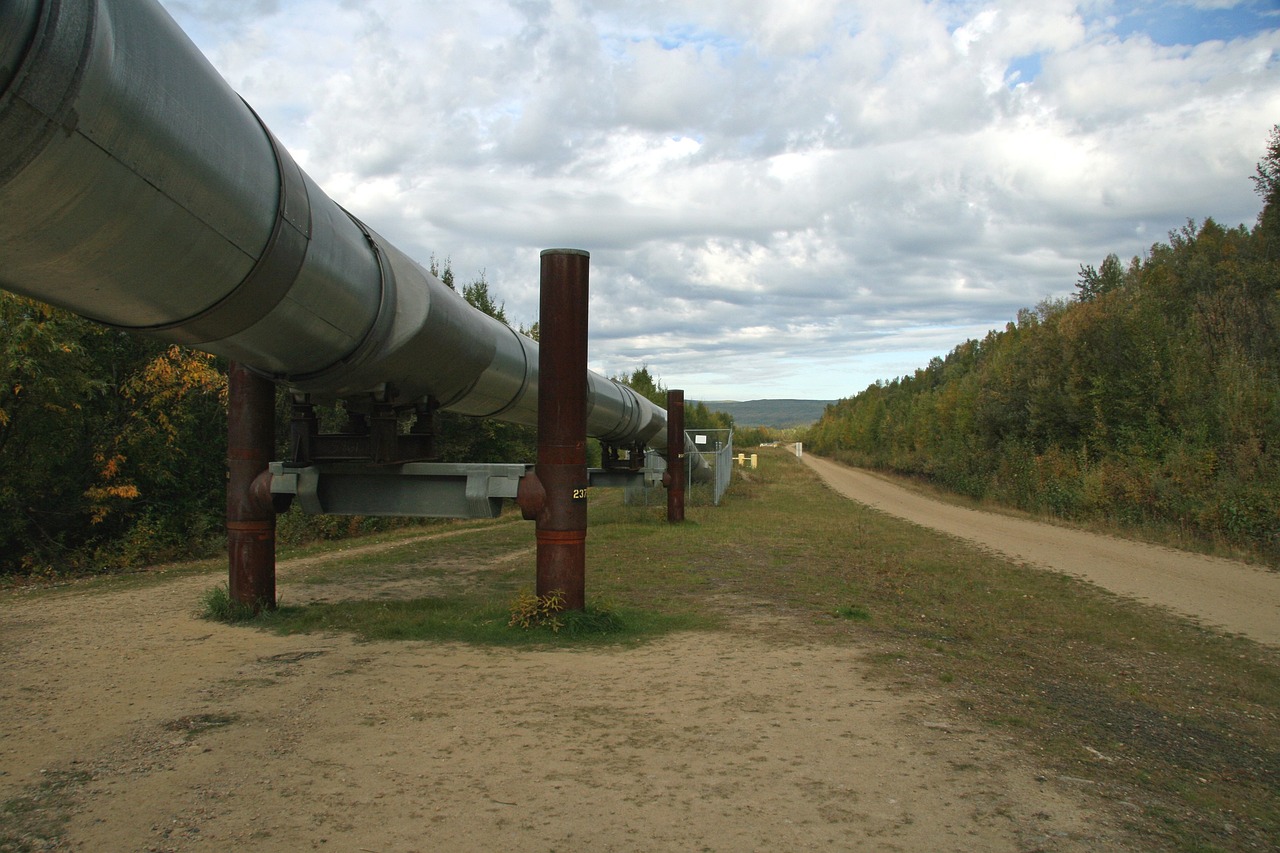
Bulgaria has introduced a high transit fee for Russian gas that passes through its territory, which will significantly affect Greece. Serbia and Hungary have also reacted negatively, with government spokesman Zoltan Kovacs slamming the tariff as a clear breach of EU rules. The fee was imposed at the beginning of the heating season, when demand for gas grows.
Last year, Russian Gazprom cut all gas supplies to Bulgaria, but quantities are still delivered to other clients via the Turk Stream pipeline and the Bulgarian network. The decision means these volumes will be burdened with a EUR 10.2 per MWh fee, equivalent to one fifth of the current TTF gas price, the European benchmark.
Greece has covered 42.6% of its gas demand using Russian gas so far this year. According to the National Natural Gas System Operator, 22.45 TWh of total consumption during the first nine months of 2023 came from Russia in the form of pipeline gas (16.18 TWh) and liquefied natural gas or LNG (6.27 TWh). Bulgaria is discussing the matter with the European Commission. If the Russians choose to cut supplies altogether, consumers in Serbia, Hungary, and Greece will have to find alternative sources, mainly LNG.
Greece can export gas northwards from its Revythousa LNG terminal and through the IGB pipeline, but it remains to be seen if they will suffice. The best-case scenario for the three importing countries is if Brussels decides to turn down the Bulgarian tariff, ending the matter. If the European Commission approves the tariff, the best outcome is if Gazprom decides to accept the extra cost and continue supplying. In the long term, the move benefits Greece’s ambition to become a regional gas hub.






